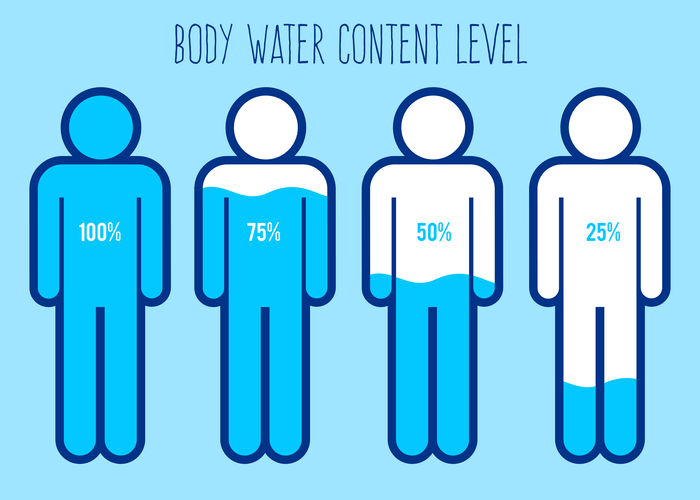If you note any of these in your relationship, think about reading more about a conflict-avoidant spouse. They may act this way because they simply have a conflict-avoidant personality, or they may have also been diagnosed with conflict avoidance disorder, also known as an avoidant personality disorder. Symptoms include not wanting to be social, being unable to accept criticism, and not taking risks. A healthy relationship should be able to withstand honest, respectful communication about issues at hand. If you’re really scared that engaging in conflict could ruin a relationship, ask yourself how strong that relationship is to begin with.
- Remember, overcoming conflict avoidance is a journey, not a destination.
- Because conflict is inevitable in relationships, it can be important to learn how to approach conflict healthily rather than in a destructive way.
- This might involve starting with small, low-stakes disagreements and gradually working up to more challenging confrontations.
- Moreover, creating a safe environment for discussions is vital.
Outpatient Mental Health Facility Address

If you’re used to sweeping conflict how to deal with someone who avoids conflict under the rug, interpersonal conflict resolution can feel deeply threatening. You might try to build your skills and confidence by opening up conversations about relatively small matters with those you trust the most. Positive experiences resolving minor issues, such as household chores that aren’t getting done, can equip you to take on bigger concerns. There can be legitimate reasons for avoiding conflict, such as the need to break off an abusive relationship. But in many cases, interpersonal conflict resolution could help repair a relationship, to the benefit of all involved, or end it with less pain.
- To avoid rocking the boat, conflict-avoidant people might bottle up their feelings and sidestep discussing important issues with others.
- You could even ask if your partner would consider inviting you to the events they are going to.
- Speaking up for one’s needs and aligning the conflict styles of both parties can be crucial in strengthening relationships.
- If you’re married to a conflict-avoidant spouse, start today by creating a safe space for open dialogue.
- Noah Williams is a passionate writer focusing on matters of the heart and mind.
Consider therapy
At its core, conflict avoidance is a psychological response to discord, characterized marijuana addiction by the tendency to sidestep, ignore, or withdraw from confrontational situations. It’s the instinct to sweep issues under the rug, to bite our tongues when we should speak up, or to simply walk away when tensions rise. While it might seem like a peaceful approach on the surface, the reality is far more complex and potentially damaging. Active listening and validation techniques can work wonders.

Use your senses to quickly relieve stress

In personal relationships, a lack of understanding about differing needs can result in distance, arguments, and break-ups. In the workplace, differing needs can result in broken deals, decreased profits, and lost jobs. Setting and maintaining healthy boundaries with others is a skill you can learn and practice.
